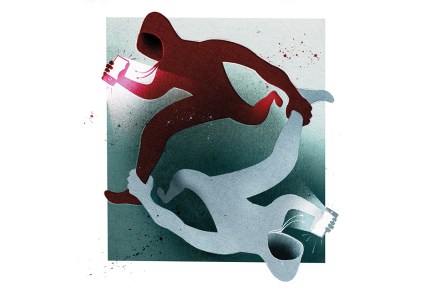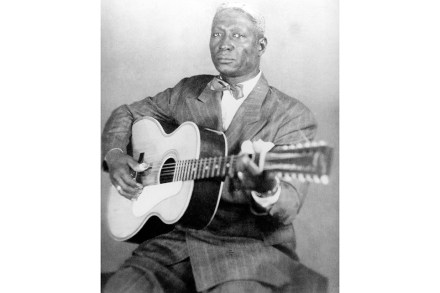Robert Jenrick is right
I’ve just got back from doing a spot of shopping in my local town – and do you know what struck me? How white it was. Absolutely heaving with ghostfaces. In fact, in the hour or so that I spent there I don’t think I saw a single non-white person, apart from some young ladies leaving the local tanning salon who were the colour of a glass of Tango and that doesn’t really count. It is OK to say this, incidentally, if you then use it as a basis to attack the town’s lack of diversity and demand the government ship a few ethnics in, regardless of whether or not



















